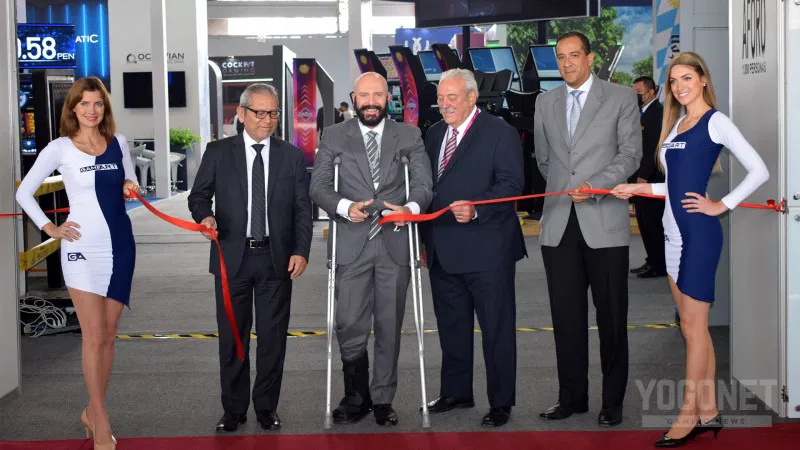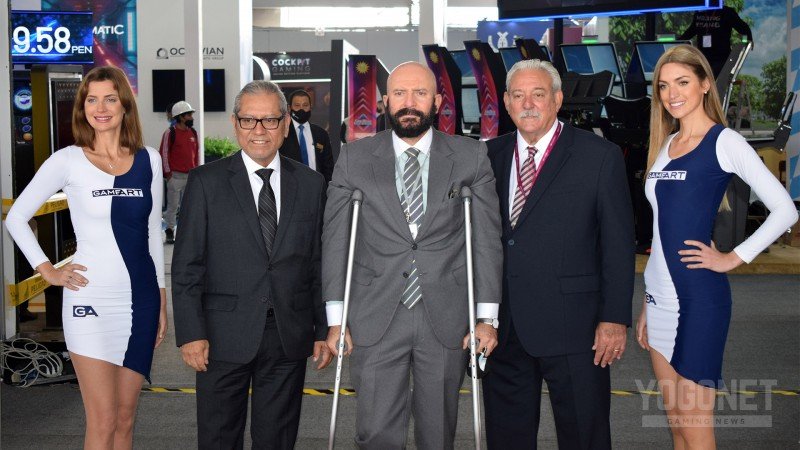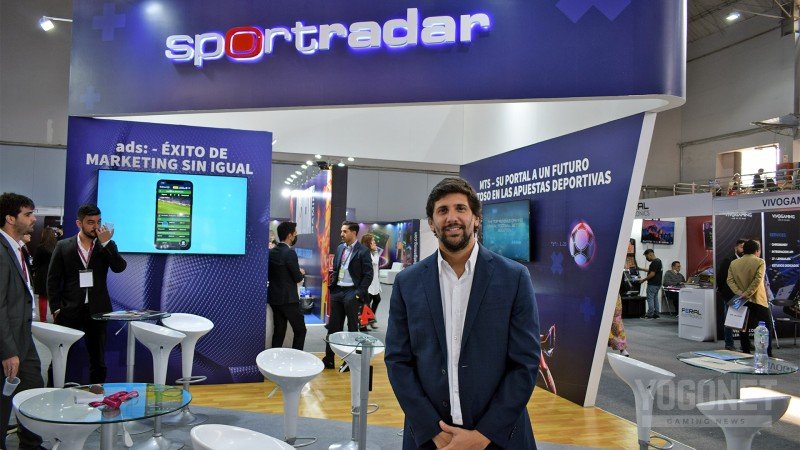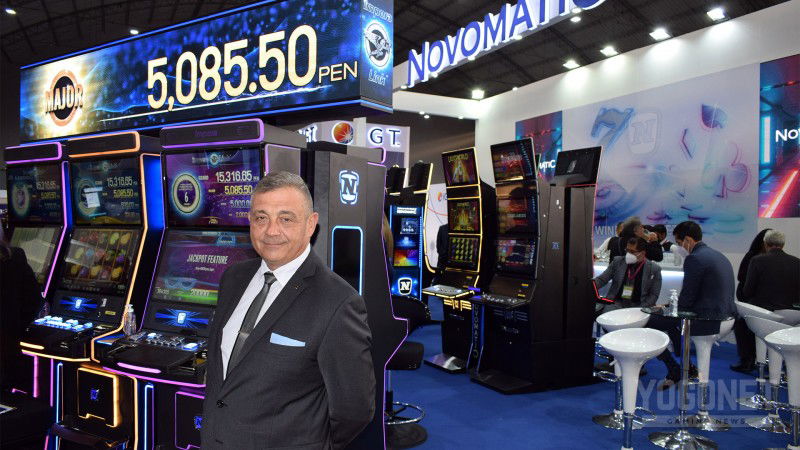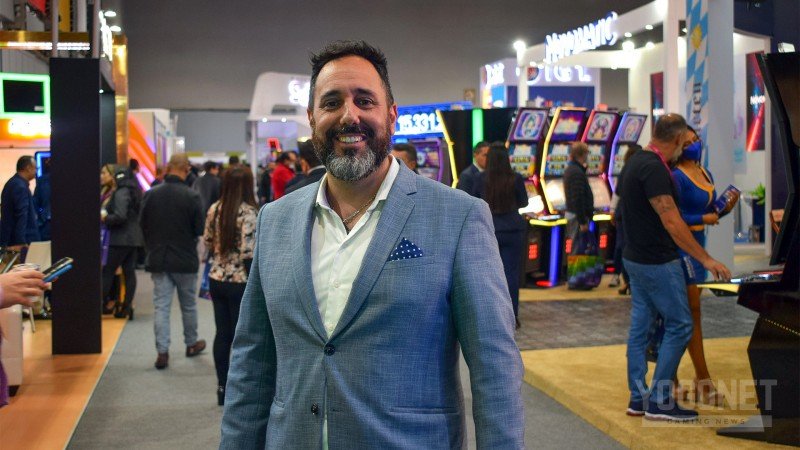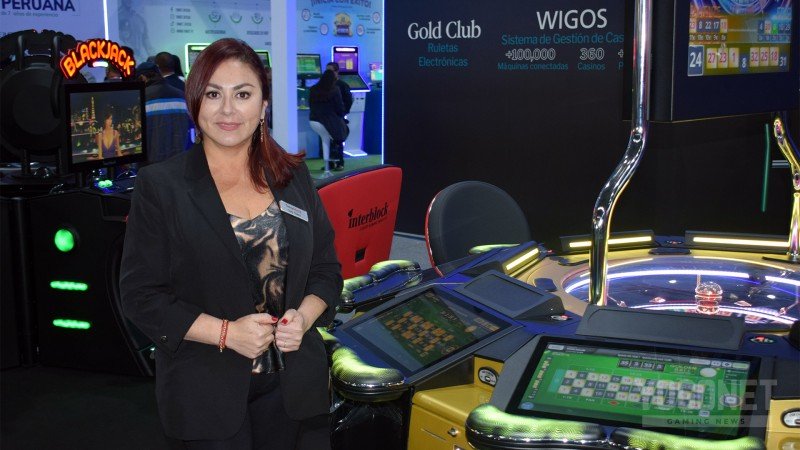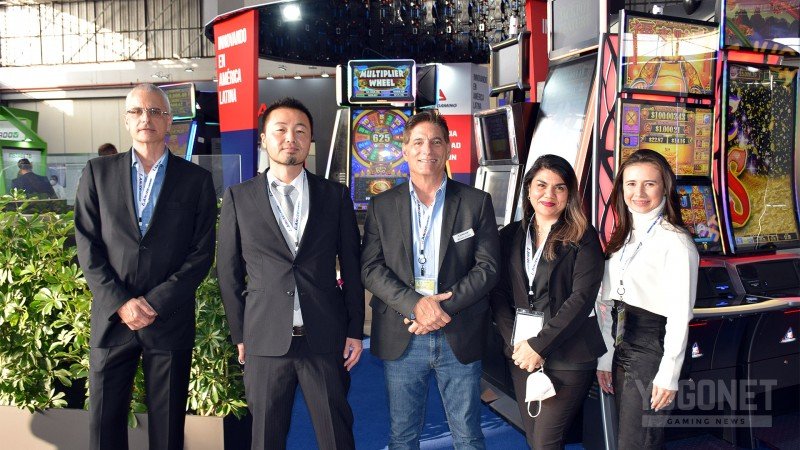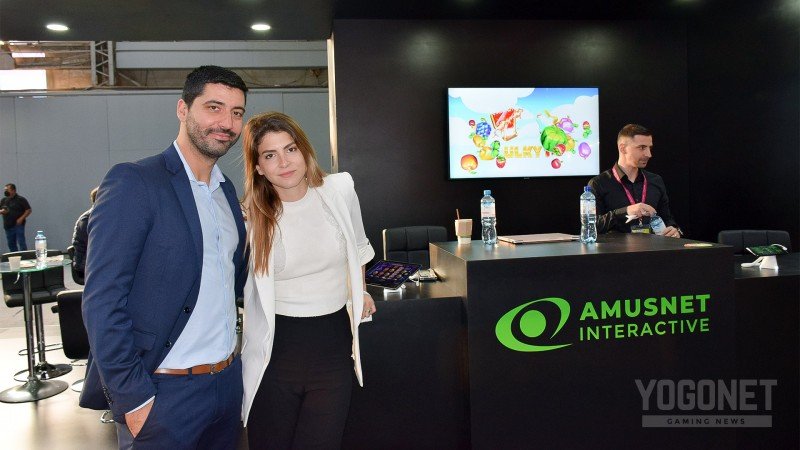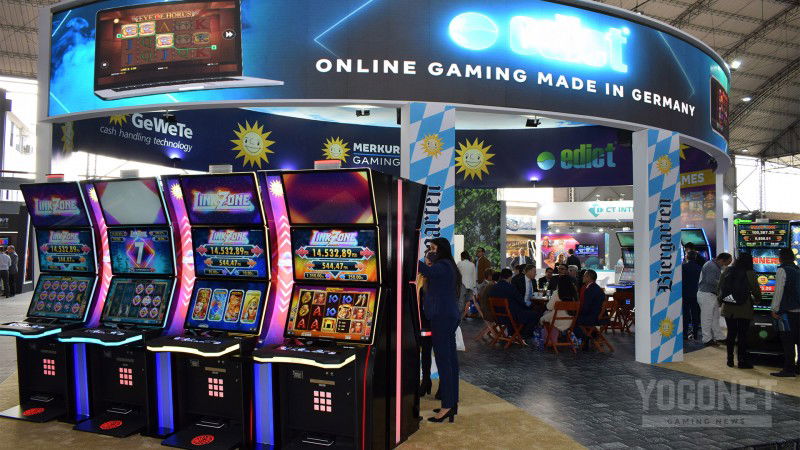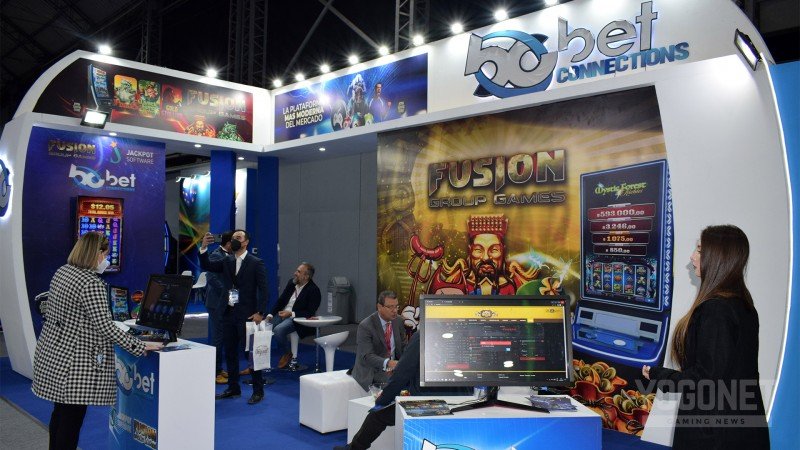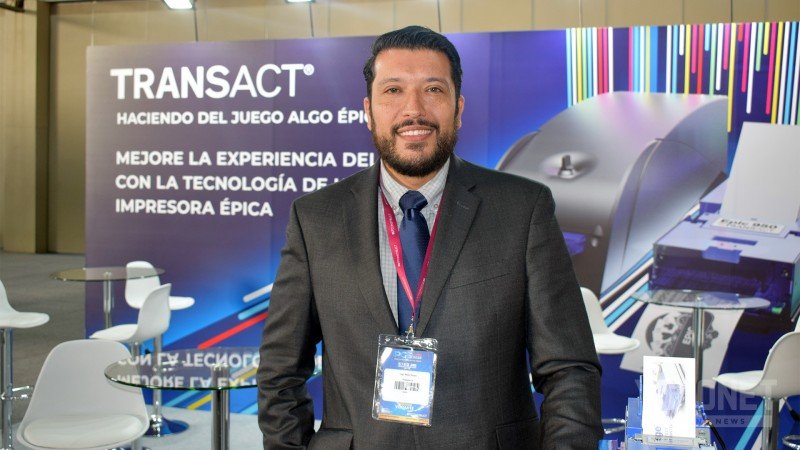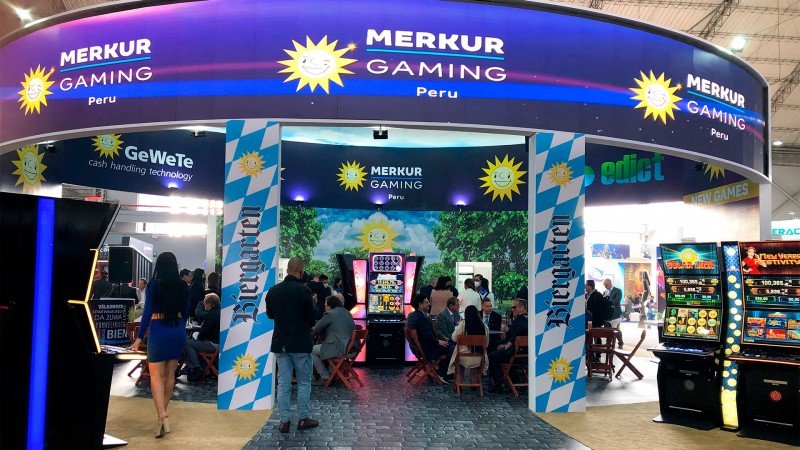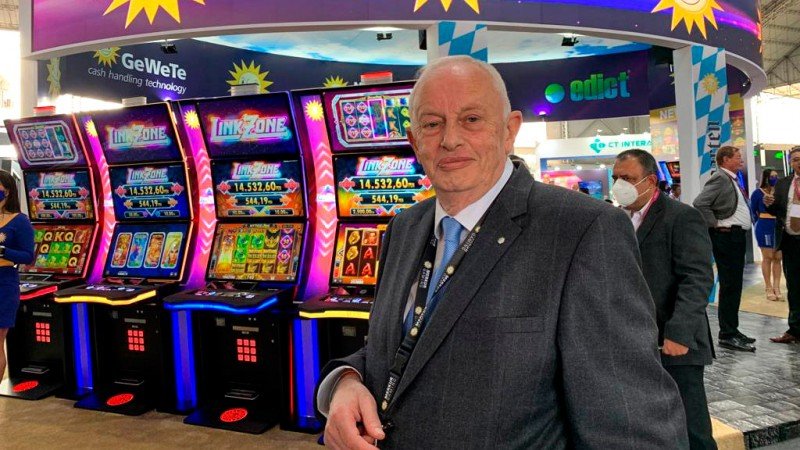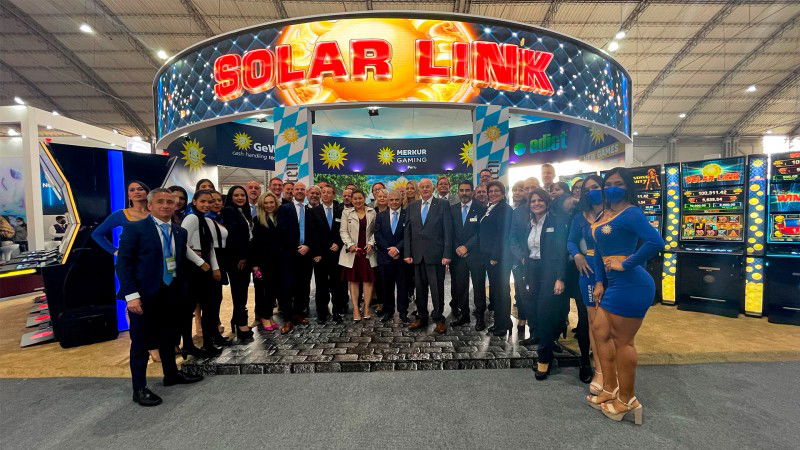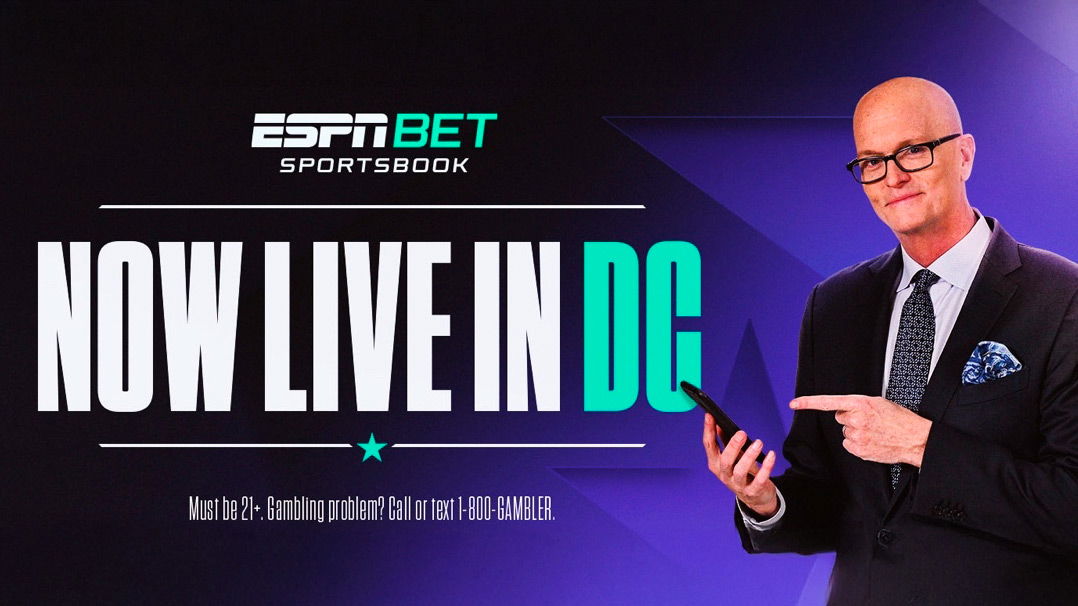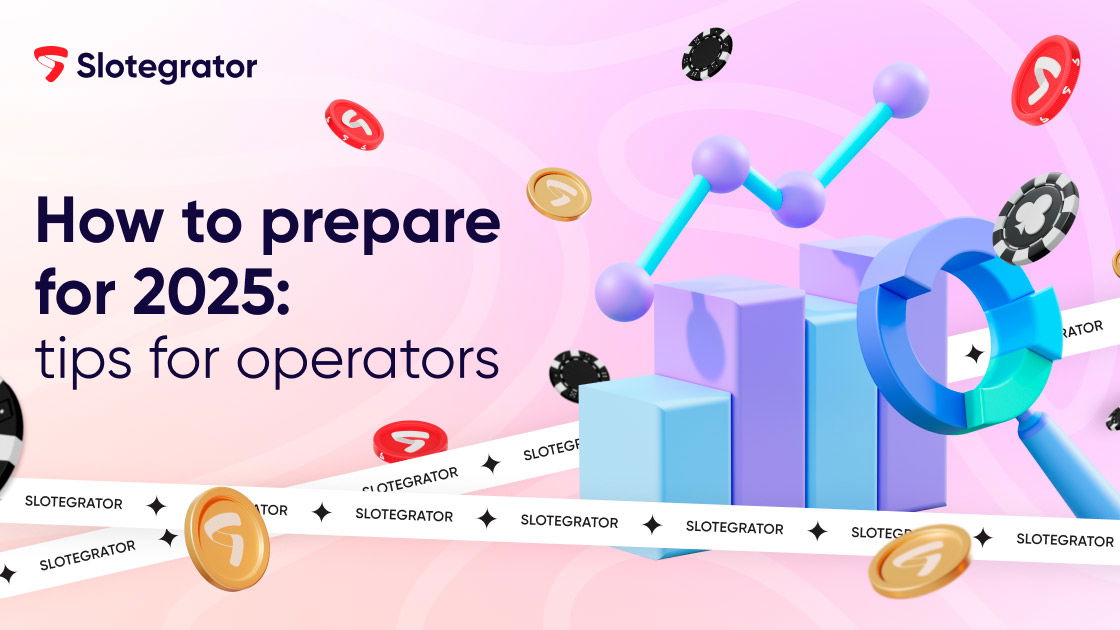"PGS has become the center of the gaming industry, where agreements can be intertwined and articulated"
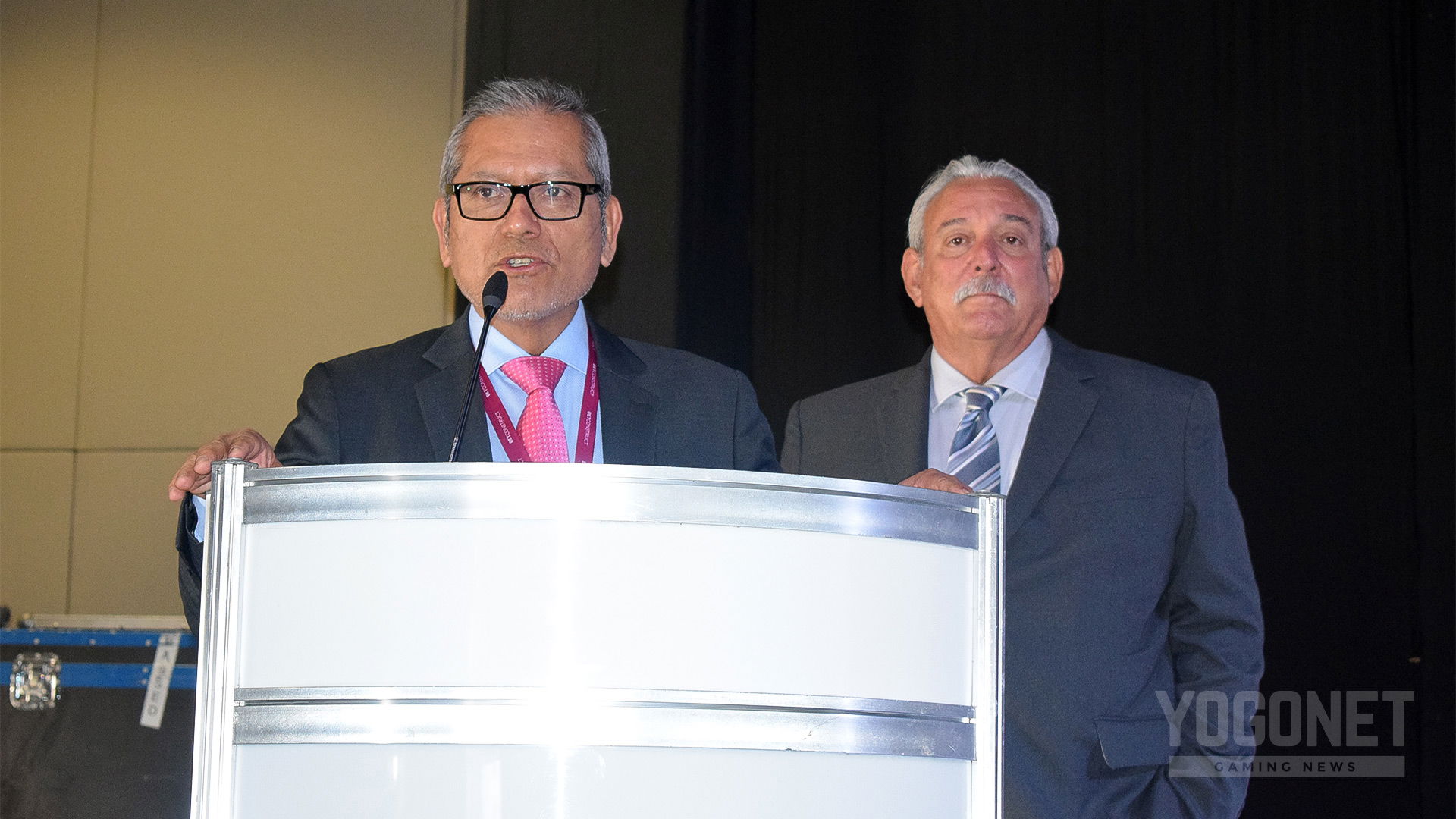
Rubén Solórzano, general manager of the Affiliated Marketing Group (AMG) and one of the organizers of the recently held Peru Gaming Show (PGS), highlighted the role played by the latest edition of the event regarding the agreements that took place there, linked both to Peru and other countries in the region.
In an exclusive interview with Yogonet, Solórzano also highlighted the importance of "the new verticals of gaming and for gaming" which, as he explained, are an expression of technological development that followed its course during the pandemic. He also welcomed the presence of the Peruvian regulator, Eduardo Sevilla Echevarría, at the fair and urged the authorities to prioritize the debate and approval of the legal framework for online betting and gambling in Peru.
A few days after its conclusion, what is the main balance in relation to the recently held PGS 2022?
The results of PGS 2022 really surprised us; they far exceeded our expectations and it was a combination of facts that contributed to the success. For one thing, the number of visitors exceeded our expectations.
Furthermore, the quantity and quality of the exhibitors who attended the event set it apart from others. They all spared no effort on booth construction with designs that were outstanding. The conferences had brilliant presentations with first-class topics and speakers. Even the weather helped: it was sunny both days of the event.
How do you evaluate the return to in-person events and to the traditional dates of the tradeshow, taking into account the reactivation process that is happening at this time of the pandemic?
After we took the first step in the region towards an in-person event with the PGS 2021, it was very clear to us that the actors of the game had a desire -a "gravitational" desire- to meet again to network face to face, leaving aside the remote or virtual to land in a real space. Almost two years of remoteness took their toll and it was time to participate and have an in-person presence in an event like PGS, which as usual offers the best.
Returning to traditional dates is not only a matter of tradition, it is also a message of respect for our clients, who organize their agendas to attend events of great importance. All these dynamics converge in favor of reactivation to the extent that it opens the possibility of activating old projects, creating new ones, or rethinking and launching existing ones.

We are aware that this edition surpassed the 2021 edition in terms of attendance and the number of exhibits. To what do you attribute this improvement?
Actually, PGS 2021, last December, was a bet on the reunion of the sector, in an environment still complicated by the presence of Covid-19 and the requirements of health protocols. The space chosen was smaller and the number of visitors was below 3 thousand.
But in PGS 2022, the exhibition floor was 5,500 m2, and the visitors filled the exhibition floor; we had almost 6 thousand registered. PGS has a history. In the last 10 years, we have managed to consolidate a credible, transparent, and professional management. In addition, the Peruvian market is very important for business.
PGS has become the center of Gaming through which business can be intertwined and articulated in order to reach other parts of the region very easily. In PGS 2022, 54 exhibitors participated displaying their best and putting on an excellent presentation. Likewise, 24 sponsors presented their brands on two very dynamic days.
PGS 2022 was the setting for important discussions for both the Peruvian and regional markets. Which ones stand out the most?
All the topics were relevant and of great importance. At PGS we make sure that the talks make sense and are very useful for the attendees. Among topics that I can mention as an example are digital payment methods, fraud detection or rigging in sports, or cryptocurrencies as a means of payment.
Now, in a context where the bill for sports betting and online gaming is being discussed, I could highlight the topics that were addressed in two round tables with a panel of experts. On the one hand, the regulation itself and, on the other hand, the analysis and discussion on the bill for Peru
In this edition, we had the presence and prominence of booming verticals, such as eSports, cryptocurrencies, and digital payment methods. How would you describe their presence at the fair?
When we promoted the first in-person tradeshow in Latam, after G2E, we pointed out that the gaming industry never stopped. The message was that, in spite of the forced confinement, the technological development remained in force, dynamic, and continued its course.
The new verticals in gaming and for gaming are nothing more than the result of having become a reality, after having fulfilled their development cycle. Based on this circumstance, I think that, like a virtuous circle, the processes will repeat themselves: there is no way to stop the changes, they will come and will be incorporated into the industry to make it more efficient.

PGS 2022 had among its attendees the new local regulator, Eduardo Sevilla Echevarría. Would you say his presence influenced the development of the event?
The presence of the government authority in charge of supervising the activity always generates expectations at PGS. In this case, it was particularly special because he was appearing for the first time, having recently taken office, and he was appearing before an audience made up of operators, manufacturers, and investors, who not only wanted to meet him but also to listen to him and to know who was the person they would be dealing with at some point in time. Eduardo Sevilla, after his presentation and exhibition in the conference room, generated confidence and left a very good impression.
Among the events that attracted the most public attention were those related to state regulations. Do you consider that there was a favorable space for debate?
The debate on a bill that has been postponed for a long time [in Peru] generates controversy and discussion points that make the debate interesting. For that reason, the time that can be given to it will always be short, but the important thing here is that the discussion was introduced in a space other than the political one, moving it to the technical side. It was really enriching to listen to specialists on the subject who will also be the ones directly affected once the law is passed.
PGS 2022 also served as a platform for debate regarding the new regulation of online gaming in Peru. What is the most relevant thing you take away from the opinions expressed there?
PGS is characterized by bringing to the conferences very relevant and specialized topics with a panel that does not necessarily have similar opinions, precisely to generate an open debate and analysis. Therefore, as I pointed out in the previous point, addressing the issue of a bill to regulate sports betting and online games from a technical point of view enriches the discussion.
Dr. Carlos Fonseca, the moderator of the panel, was clear in pointing out that the law lacked elements of constitutional rights that should be reviewed by technical specialists in order to reach a regulation that finally benefits all those involved. Otherwise, he pointed out, there could be loopholes in the law.
This regulatory framework has pending approvals from both Congress and the Executive. Do you expect these bodies to be able to address the ideas and debates that were developed in the PGS 2022?
We know that the political environment in Peru is not the most stable, but what is certain is that it is time to start to narrow down everything that is loose and without regulations, among other things, because this is the only way to formalize it. Besides, there is an urgent need to generate income for the State and, in this particular case, since the income generated by the gaming sector is destined for an important percentage for sports and municipalities -and in both cases, there is attention and social benefit- it is urgent that both the Congress and the Executive facilitate the approval.
My personal opinion is that the bill should have the green light since it was approved by the Economic Commission of the Congress -the most difficult step- and now it is time for the debate in the plenary of the Congress.


